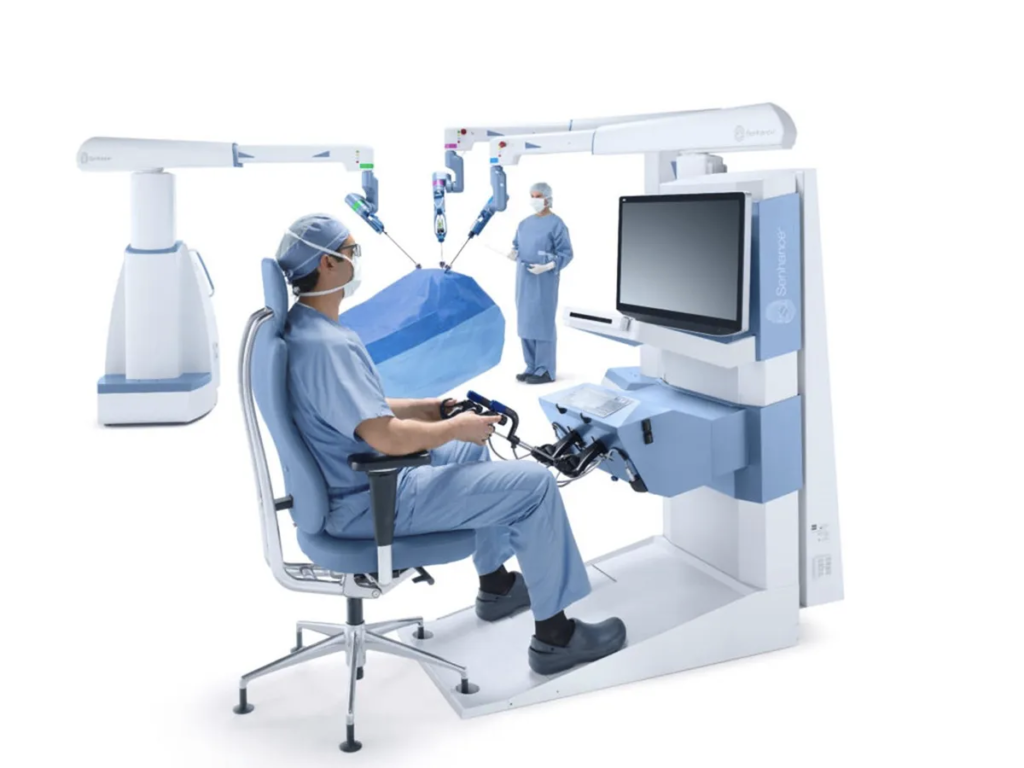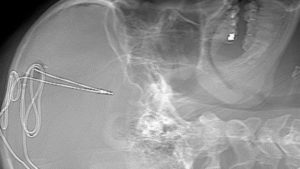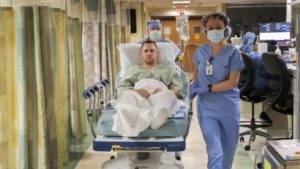Would you ever believe that surgeons will be able to operate on a patient even though they are 400 km away? That is exactly what telesurgery can allow. It is an innovative surgical tool that connects patients and surgeons who are geographically distant. The surgeon observes the surgical area on the screen and uses a haptic arm to move the robotic arm during the operation.

On the one hand, there are many benefits of telesurgery in comparison to conventional surgical methods. First and foremost, telesurgery is an excellent solution for those who for some reason can not travel to get medical care. Not only financial constraints but also travel-related health issues can pose a problem for some people. Secondly, it enables surgery through smaller incisions and its robotic arms are able to reach hard-to-access areas in the body. It also eliminates a surgeon’s possible tremor resulting in improved surgical accuracy. Consequently, the risk of damaging surrounding structures, the risk of blood loss, and the risk of infection are alleviated. Aside from this, telesurgery gives surgeons from different centres an opportunity to collaborate and operate on a patient simultaneously.
On the other hand, there are some issues in the field of telerobotic surgery. Firstly, a time lag is considered to be a major drawback while using telesurgery. It was determined that a time delay of more than 2 seconds can be a threat. Secondly, being operated on by a surgeon, a patient has never met face-to-face, can cause distrust and anxiety. And finally, a researcher at Obuda University in Budapest who studies space telesurgery, Tamas Haidegger, noted that despite having a master surgical plan, things can go wrong. For example, blood circulation can collapse, or there is an unforeseen reaction to certain drugs. That is why there is still a necessity to have a trained surgeon on-site. Nonetheless, he believes that soon robots will be augmented with artificial intelligence and will be able to go into autopilot mode. It would be a significant breakthrough in human history!
Having considered all possible pros and cons of telesurgery, in my opinion, the technology is worth being widely embedded. I would agree that it can scare some people that a robot is performing an operation. However, in reality, surgeons are in full control of the machine at all times and the robot’s movements are far more precise.
https://www.cureus.com/articles/54068-telesurgery-and-robotics-an-improved-and-efficient-era
https://www.bbc.com/future/article/20140516-i-operate-on-people-400km-away
https://my.clevelandclinic.org/health/treatments/22178-robotic-surgery


